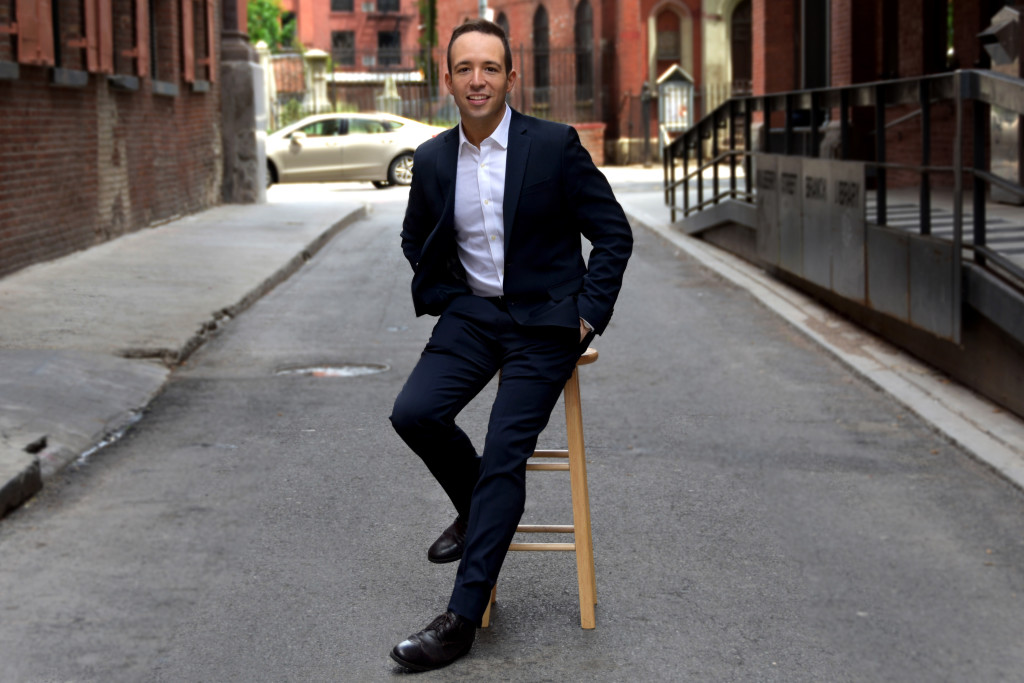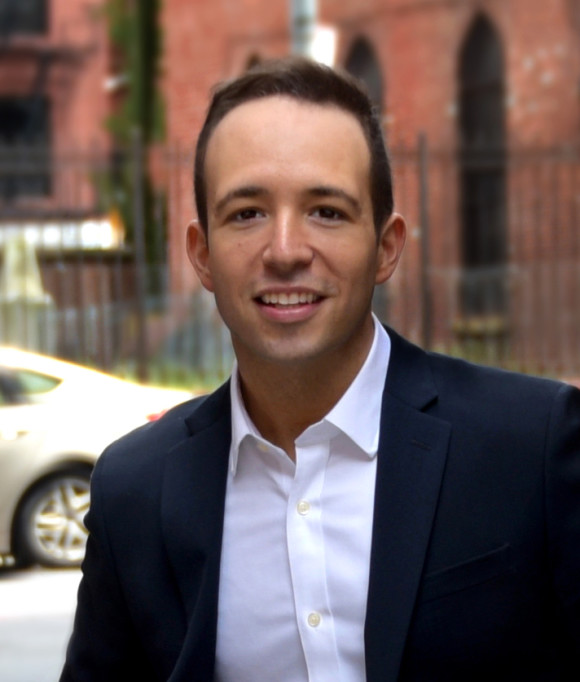Jun 19, 2015
A Millennial Interviews a Millennial Expert
Millennials — no generation is currently more coveted nor less understood within the business world than those born between 1981 and 1996. Known for their optimism, connectivity, and desire for meaningful work, millennials have proven to be a newly individualistic classbreed of worker. Though millennials’ drive to perform purposeful tasks can help serve the bigger picture, this infamously flighty and supposedly work-averse generation’s need for individual freedom can sometimes undermine their employer’s need for a committed workforce. The question of not just who millennials are, but how to hang onto them — as workers or consumers — has been one of the biggest within business in the last few years.
To find answers, I spoke with millennial expert Michael Parrish Dudell. A millennial himself, Dudell has guided companies such as GE, Citrix, and American Express towards branding to millennial consumers, and understanding their millennial employees.
What’s the main thing about millennials that continues to mystify businesses? Or the few things that are the biggest hurdles for them in terms of bridging that gap?
Brands are getting a little smarter now. The conversation was so different three or four years ago. They are getting a better understanding of the generation. I think what they are constantly struggling with is positioning. Authenticity — it’s an overused word — but at the very core, this is how this generation is very different than other generations. For most generations prior — Gen X is a little different as well — authenticity wasn’t really what it was about, it was about looking professional, etc. But all of a sudden, we millennials are cool with a lot of things: we’re cool with failures, we’re cool with mistakes, we’re cool to a certain degree with humanizing what you do. Teaching brands that it’s okay to not be so polished all the time is really tough. I think one of the reasons people engage with me is that I am just enough like them to sit around a boardroom and communicate in the way they can communicate, but I’m just edgy enough to think oh wow, he is of a different group of people, but I can still communicate with them in the language they have. I think that’s valuable because otherwise I wouldn’t be able to communicate what this generation needs.
I know you don’t like the one size fits all solution, but have you noticed any particular incentives that entice most millennials?
Freedom.
Freedom of schedule, or?
Freedom of everything. I’m interested to see if this is going to catch on. About two years ago, a bunch of companies started doing unlimited vacation days. The deal was, get your work done — you can be here, you can be on vacation, whatever that looks like. Some people have had success with it, some haven’t. I don’t know if it’s going to catch on. I know it was based in part on their employees saying, if we can do our work from anywhere, why do we need to check in with you? This is a very entrepreneurial generation. They love the idea of feeling like they have control over their life, and they frankly don’t want to do things they don’t want to do, which is a negative part of this generation. The most important thing a leader can do is to ask. These conversations do not happen between C-level executives and their workforce.
You mentioned the negative quality of the generation. Are there ones that you see that are particularly hurting businesses or business cultures? Where their demands are not meeting the realities of the workplace, or the economy?
I think the biggest flaw of this generation — and this is the thing that will hurt them in the workplace, in their relationships, with their friends — this generation cares more about short-term gains than any other generation I’ve ever looked at. Think about it. Because of our relationship technology, because we are so used to getting everything when we want it how we want it, we as a generation do not think about the long-term gain. We think about how can we lose weight fastest, how can we get happiest the quickest, what do we need today and what do we need tomorrow. We are not thinking about twenty or thirty years down the line. Anytime you look at a generation, you have to ask, is it generational or situational? This could be a situational thing. Maybe people in their 20s are not thinking about that kind of stuff. I happen to think it’s generational.
You’ve said that millennials are sometimes vilified because they are misunderstood. Do you feel the reverse is true, that millennials are bringing in certain expectations or desires out of a lack of understanding?
Yeah, but not to that extent. We’re not in the same power position, so we don’t have the same leverage. Where millennials struggle is that they expect to do what they want to do when they want to, and they don’t want to have to do the crappy parts. That is something people in older generations really resent, because they had to do that and they recognize there’s value in that. And it’s something I resent, it’s something I don’t agree with, I’m not with my generation on that. I think that a lot of times you do things you don’t really want to do to get to the place where you really want to be. This generation, because of the helicopter parents, because of some of the things we were promised, they haven’t been quick to adopt that mentality, and I think that’s what those older people are responding to. And I don’t see a huge shift yet in millennials. The older millennials, they’re learning. You’re not getting away with anything. You will learn that lesson. It’s just a matter of when you learn it and what you will have to do in the meantime.
For more information about how keynote business speakers like these can impact your event, contact BigSpeak Motivational Speakers Bureau at 805-965-1400 or info(at)BigSpeak.com.
Speaker
Tags

 Michael Parrish DuDell
Michael Parrish DuDell